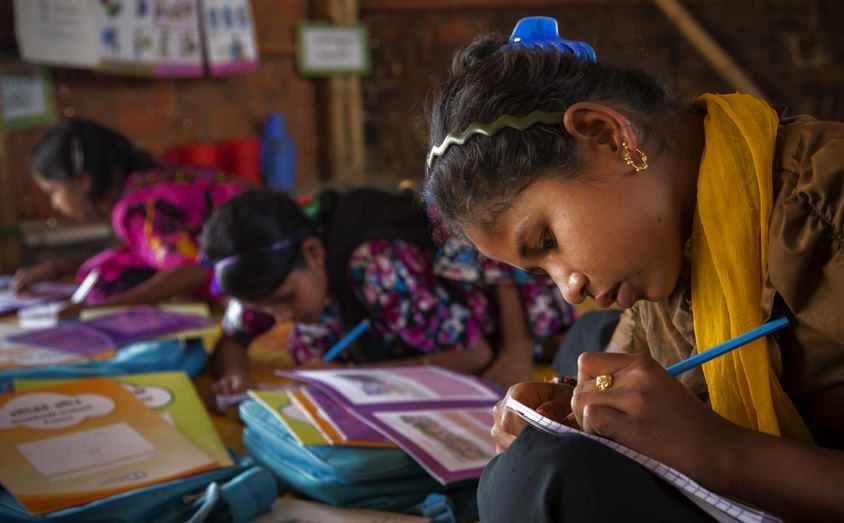For many children in developing countries around the world, receiving an education is a dream that almost seems impossible. This is because so much can stand between them and their goal of gaining knowledge — language barriers, family pressures to work instead of study, lack of resources and money for school fees or even war can prevent students from attending classes or graduating with qualifications. It’s heartbreaking to think about how many potential scientists, activists, writers, and other talented individuals are lost because they don’t have access to quality education like so many others do. Yet thankfully, new initiatives such as distance learning programs are slowly starting to provide more students with access to education despite the obstacles standing in their way — perhaps leading to brighter futures for those living in disadvantaged circumstances.
Why education is important in developing countries
Education is essential in developing countries as it provides the tools for individuals to achieve their full potential personally and professionally. Education helps to improve the quality of life for people living in poverty by providing them with job skills and opportunities to break out of cycles of poverty and build better lives for themselves and their families. It also allows people to become more informed citizens who can actively participate in political decision-making processes, thus creating a stronger democracy where every voice is heard. Furthermore, education promotes economic growth and stability as an educated workforce attracts foreign investment and encourages entrepreneurship. Lastly, education instills values such as respect, integrity, tolerance, critical thinking, and creativity – all valuable assets that improve society. In short, education is key to unlocking the potential of developing countries and improving the lives of those living within them.

Education should be accessible to everyone, regardless of gender, ethnicity, or socio-economic background, as it is one of the most powerful tools for creating a brighter future. Therefore, governments in developing countries must invest heavily in education initiatives and policies that ensure equal access to quality schooling for all. Only through this can societies build cohesive foundations which will support development and progress in the long term. Therefore, it is clear that education plays an essential role in helping to shape the future of developing countries and should remain an integral part of any nation’s growth strategy.
How education and training affect the economy of developing countries
Education and training can significantly impact the economic growth of developing countries. Access to quality education and training encourages innovation, increases productivity, and creates more jobs. Education provides individuals with the knowledge needed to be productive members of society, while training helps to ensure that workers have the skills necessary to take advantage of those opportunities.

Investing in education and training can also provide developing countries with a competitive edge in global markets. This investment allows citizens to create products or services that are more attractive than their competitors’ offerings, encouraging foreign investors to invest in those countries. Furthermore, educated people tend to be more entrepreneurial, leading to increased economic activity within the country.
Finally, investing in education and training can reduce poverty. Education enables people to get better-paying jobs, increasing their disposable income and boosting the local economy. Additionally, education gives individuals the skills they need to create new businesses or work more efficiently. This leads to improved productivity, which stimulates economic growth and reduces unemployment.
In summary, investing in education and training is an essential component of economic development in developing countries. Quality education and training provide citizens with the knowledge and abilities needed to be productive members of society, increase international competitiveness, create more jobs, stimulate economic growth, and reduce poverty. Therefore, investing in these initiatives is crucial for driving economic progress in developing countries.

